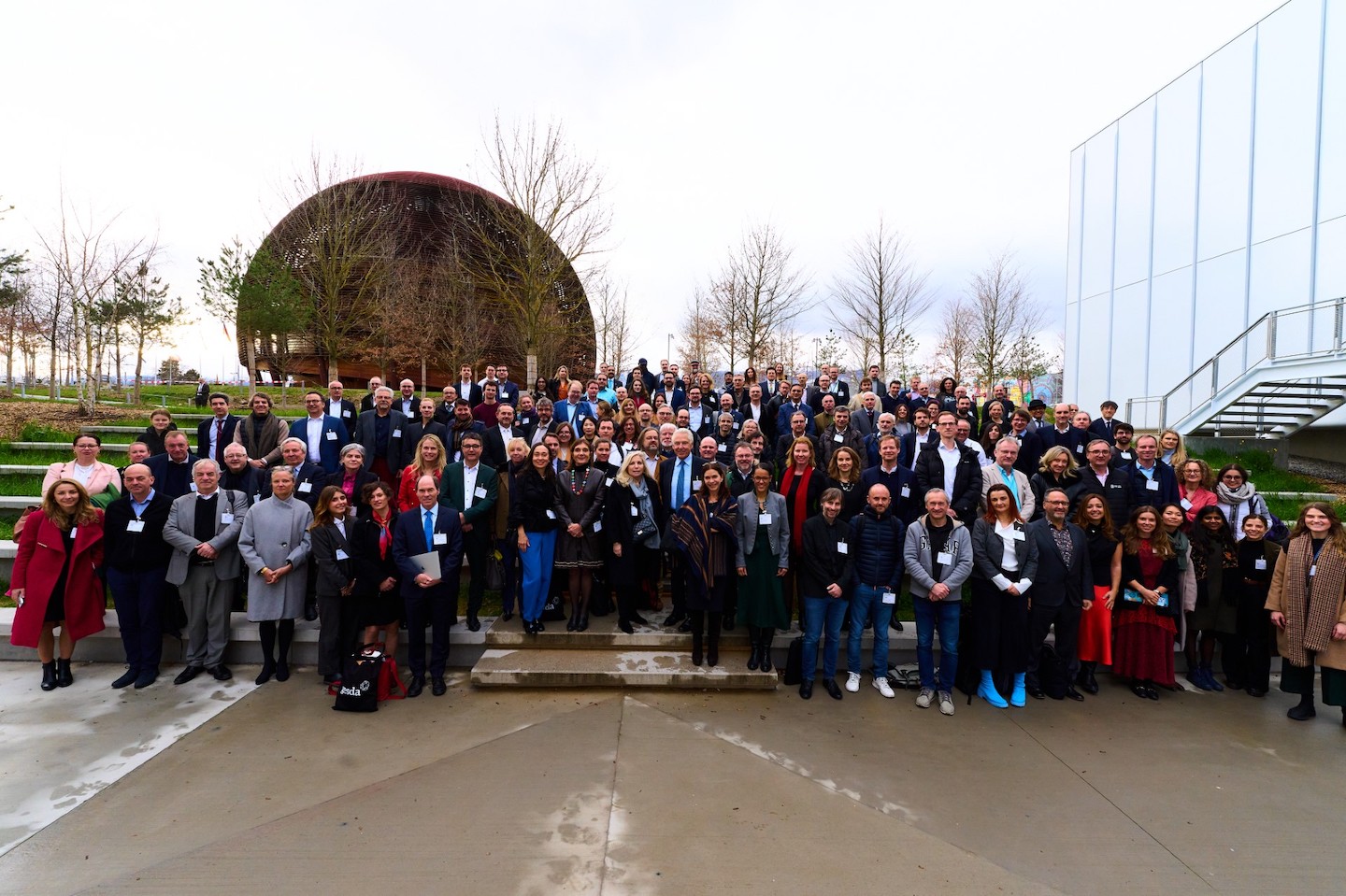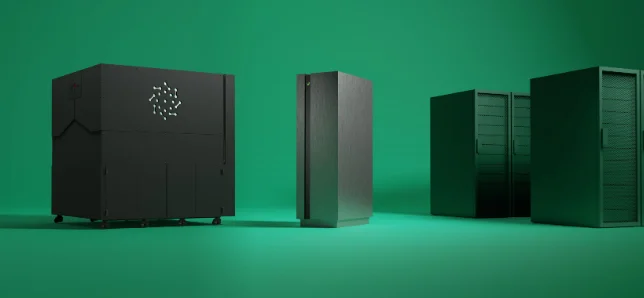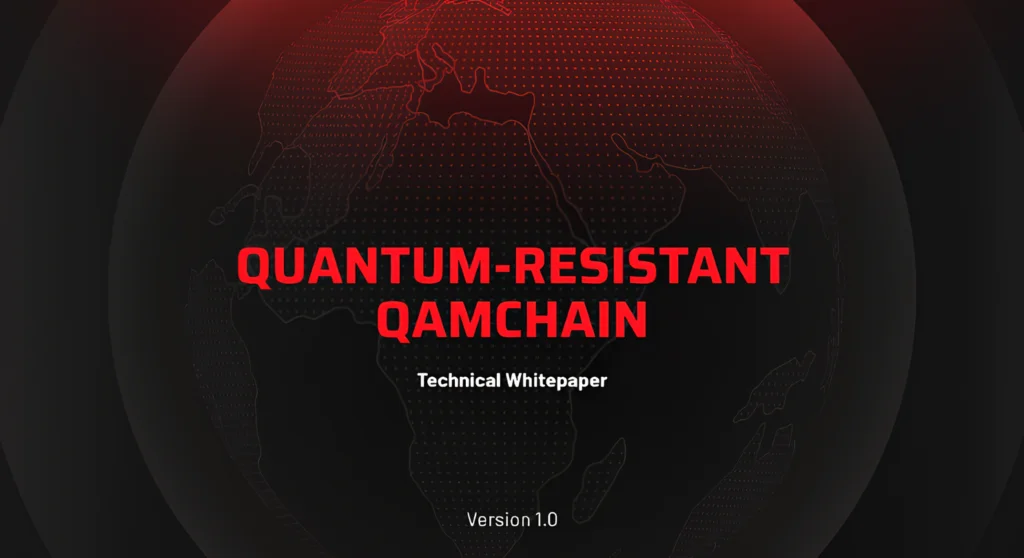Insider Brief
- The Open Quantum Institute (OQI) at CERN is now operational.
- Proposed, designed, and incubated through GESDA, in collaboration with some 180 experts from all over the world, the OQI is a multilateral science diplomacy initiative.
- The institute’s goal is to “help unleash the full power of quantum computing for the benefit of all.”
- Image and Story: CERN
PRESS RELEASE — The Open Quantum Institute (OQI) passes a new milestone, with the operational launch at CERN. Following a successful one-year incubation period led by the Geneva Science and Diplomacy Anticipator (GESDA), the new, three-year CERN-based pilot will build on the efforts to date to help unleash the full power of quantum computing for the benefit of all.
Proposed, designed, and incubated through GESDA, in collaboration with some 180 experts from all over the world, the OQI is a multilateral science diplomacy initiative, uniting academia, technology companies, the private sector, the diplomatic community, philanthropy organisations and global citizens in a joint effort towards more open and inclusive quantum computing. By facilitating equal access to cutting-edge nascent technologies, the OQI seeks to accelerate the potential of quantum computing for all society and to support the development of concrete quantum solutions aimed at achieving the United Nations’ Sustainable Development Goals (SDGs).
During its pilot phase, hosted at CERN and supported by the Union de Banques Suisses (UBS), the OQI will be part of CERN’s wider Quantum Technology Initiative (QTI), launched in 2020 and managed by the IT department. Building on QTI’s mission to explore the full potential of quantum technologies and to maximise their societal impact, the OQI will work to push the boundaries of geography and disciplines to ensure that quantum computing is harnessed to tackle some of the key global challenges.

“CERN offers ideal conditions for the development of the OQI, and my hope is that this initiative will not only be a success, but also a model of what scientific diplomacy can do to promote concrete projects of benefit to humanity”, says Fabiola Gianotti, CERN Director-General. “During the pilot phase, the OQI will benefit from CERN’s experience in deploying scientific and technological progress to the benefit of society. We look forward to working with GESDA and other partners from academia, industry and government to ensure that quantum computing is accessible to all, including underserved regions of the world.”
The focus will lie on the selection of SDG-related use cases to explore applications of quantum computing in fields like health, energy, climate action, clean water, and food security. Some examples of potential projects include: improving the sustainability of global food systems through quantum computing optimisation (addressing SDG 2, zero hunger); finding quantum machine learning solutions to improve medical imaging accuracy and early diagnosis of diseases (addressing SDG 3, good health and well-being); and using quantum computing simulation to reduce carbon dioxide in the atmosphere (addressing SDG 13, climate action).
“The UN’s SDGs represent the international community’s collective view of what the greatest societal challenges are today,” says Enrica Porcari, Head of CERN’s IT department. “This is why we are proud to host the OQI at CERN and to provide a platform for innovation, fostering real-world applications of quantum computing to address the SDGs.”
CERN will host the OQI from 2024 to 2026 and support three or four projects targeting SDG-related use cases. It will also lay the foundation for the next phase of the programme and potentially become a reference point for other initiatives aimed at deploying quantum technologies to address societal challenges. GESDA will remain the science diplomacy advisor and fundraiser, helping to ensure the continuity of the initiative and contributing to its diplomatic engagement, while UBS will act as the lead support partner, ensuring further growth of the institute.
Organisations and individuals, committed to human-centred, inclusive and responsible quantum computing, can play their part in OQI by submitting use cases for SDGs, developing educational tools, curating the diplomatic dialogue on quantum computing and much more.
For full details on how to get involved, please visit the website, and follow OQI on LinkedIn and X.
If you found this article to be informative, you can explore more current quantum news here, exclusives, interviews, and podcasts.














